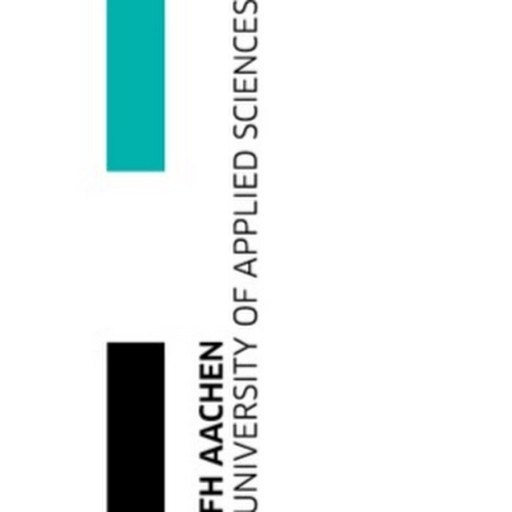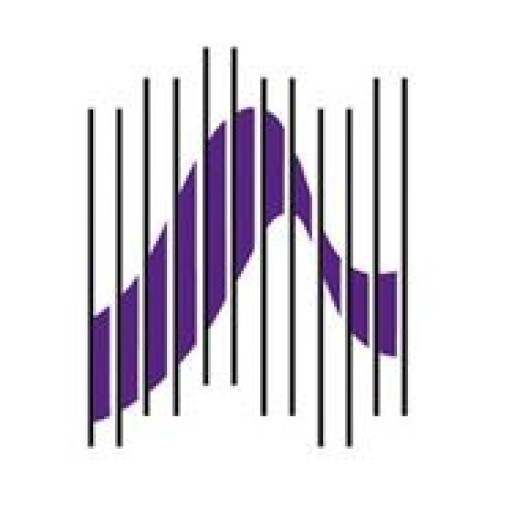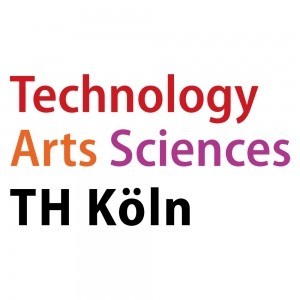Photos of university / #uni_duisburg_essen
Electrically and Electronic Engineering at the University of Duisburg-Essen offers a comprehensive and forward-looking curriculum designed to equip students with a solid foundation in the principles of electrical and electronic systems. The program covers a broad spectrum of core topics, including circuit analysis, signal processing, control systems, microelectronics, digital and analog electronics, and power systems. Emphasizing both theoretical knowledge and practical skills, students gain hands-on experience through laboratory work, project-based assignments, and industry collaborations. The degree prepares graduates to address the technological challenges of the modern world, including renewable energy, automation, telecommunications, and embedded systems. The interdisciplinary approach encourages innovation and critical thinking, enabling students to develop solutions for complex real-world problems. The program also offers specialization options in areas such as communications technology, energy electronics, or automation, allowing students to tailor their education to their career interests. With state-of-the-art laboratories and research facilities, students have ample opportunities to engage in cutting-edge research and development activities. The curriculum is complemented by internships and industrial placements, which foster professional competence and industry connections. Graduates of the program are well-equipped for careers in engineering, research, development, or pursuing further academic studies. The university's strong links with industry partners ensure that graduates are aligned with current technological trends and market needs. Overall, the Electrical and Electronic Engineering program at the University of Duisburg-Essen aims to develop highly skilled engineers who can contribute to technological advancement and sustainable development in various sectors worldwide.
Educational organisation
For all Bachelor's degrees together, the basic principles of engineering and science will be taught on a broad basis in the first year of study. This includes courses from the disciplines of mechanical engineering, material science, electrical engineering, computer science, and natural science. The courses will impart the necessary knowledge in engineering and science as well as different methods and approaches.In the higher semesters, the students will be taught in the following modules in addition to the core subjects:
Projects: In the context of a project, the students will work on a complex topic in a group, applying scientific methods. At the end of the project, the students will write up their findings and present their results.
Electives: The electives will give the students the possibility of choosing and deepening their own specialisations within the degree.
Non-technical subjects: The aim of the non-technical course is to deepen the general education of the students, and if necessary, to increase their linguistic competence as well as to strengthen their ability to work in teams or to give a presentation.
During their Bachelor's studies, students will have to participate in an industrial internship in a company outside the university. This industrial internship will have to be completed before the registration for the Bachelor's thesis. The industrial internship will supplement the degree in such a way that the students gain some practical experience that will enrich their theoretical knowledge. This will help to deepen the understanding of the lectures and will facilitate project work. The duration of the industrial internship will be 15 weeks. Nine weeks of the industrial internship should be completed before studies.
The Bachelor's thesis concludes the scientific education in every Bachelor's degree course within the academic ISE programme (International Studies in Engineering). It is used to show that a student is capable of dealing with a problem from the corresponding field of engineering sciences autonomously, using scientific methods and presenting the topic comprehensibly. The duration for the work on the Bachelor's thesis is three months.
After completing the Bachelor's degree, students will be able to choose to continue with a Master's degree as a specialisation of their former field of studies or discipline, or change to a Master's degree programme in a different engineering subject and thus aim for a double qualification.
Study abroad unit(s)
It is obligatory for German students to stay abroad for a period of three to six months.During this time, the students can do the following:
- participate in lectures at a foreign university and earn credits by passing the respective examinations
- work on their final thesis
- do their industrial internship at a company to complete the obligatory professional practical training
Internships
An industrial internship in a company is compulsory for all Bachelor's students. The entire 15 weeks of the industrial internship have to be finished before starting the final thesis.Forms of assessment
According to the examination regulations, the type and duration of the examination will be defined by the lecturer before the semester starts. Thus an examination can be a written test of 60 to 120 minutes or an oral examination of 30 to 60 minutes. The language of the examination is the same as the language of the lecture.Course objectives
Graduates will:1) master basic engineering and natural sciences principles and methods as well as the thought processes behind them in a broad and profound way;
2) master the basic specialist principles of messaging, communications, and power engineering and understand the major phenomena of the discipline of electrical and communications engineering as well as their relation with inter- and multi-disciplinary fields;
3) master basic specialist principles of automation as well as high voltage engineering and be able to handle electrical current safely and responsibly;
4) master the basic specialist principles of computer engineering;
5) have special skills to develop analogue and digital as well as electrical and electronic devices and systems by using tools for modelling, simulation, and testing in a problem-oriented way;
6) be capable of doing literature research and information mining as well as designing and executing experiments or simulations with data analysis in order to support solutions for given problems;
7) be able to pursue their preference for a commercial or academic career via their choice of electives and be ready to develop further as independent lifelong learners;
8) have an enhanced general education with advanced language skills in German or English as well as increased employability from learning skills in teamwork and communication;
9) gain experience of their chosen profession and be in a position to critically assess technical information, professional practice, and their interrelatedness;
10) gain experience in applying scientific methods to deal independently with problems from the area of electrical engineering and information technology within a specific time frame, and be able to present the issues clearly.
Language requirements
Applicants must be able to demonstrate German and English language skills corresponding to Level B1 of the Common European Framework of Reference for Languages (CEFR).At the start of the programme, students must undergo placement tests in order to determine their knowledge in both languages and be placed in the appropriate courses. Students with a language certification from a qualified institute are exempt from sitting the placement test.
During the course of the ISE Bachelor's programme, students must work towards a level B2 certification in both German and English. Students must reach a B2 proficiency level by the time they register for the final thesis. In some individual cases, language courses are a required part of the programme.
Academic requirements
The qualification is met by a general higher education entrance qualification ("Abitur"), a subject-restricted higher education entrance qualification ("Fachhochschulreife"), or a foreign equivalent.The evidence of a college preparatory educational background or qualification from a school with a special focus on mathematics is required.
Applicants are also required to have knowledge of German and English at least on the level of B1 achieved on the Common European Framework of Reference for Languages (CEFR).
Enrolment fees
All students are required to pay a social contribution of about 300 EUR per semester. The social contribution includes a semester ticket covering public transport in North Rhine-Westphalia, subsidised meals in the canteen of the university, and other services.Costs of living
We recommend budgeting around 750/900 EUR per month for personal expenses.Job opportunities
Students may be employed as student assistants at institutes within the Department of Engineering as well as by affiliated research institutions. Companies in the region also offer similar jobs.Services and support for international students
The Support Center for (International) Engineering Students (SCIES) acts as a help desk for all study-related questions in the Department of Engineering. The mission of SCIES is to support all students at the Department and to help them get the most out of their experience at the University of Duisburg-Essen. SCIES consults in questions with the studies, helps in administrative matters, supports in finding accommodation, and is the first level support for the students in all questions.Accommodation
Accommodation is available through the Student Services Office or on the private market. Rent for a single room in a student residence is approx. 280 EUR.For more information, see: http://www.uni-due.de/scies/accommodation.shtml










